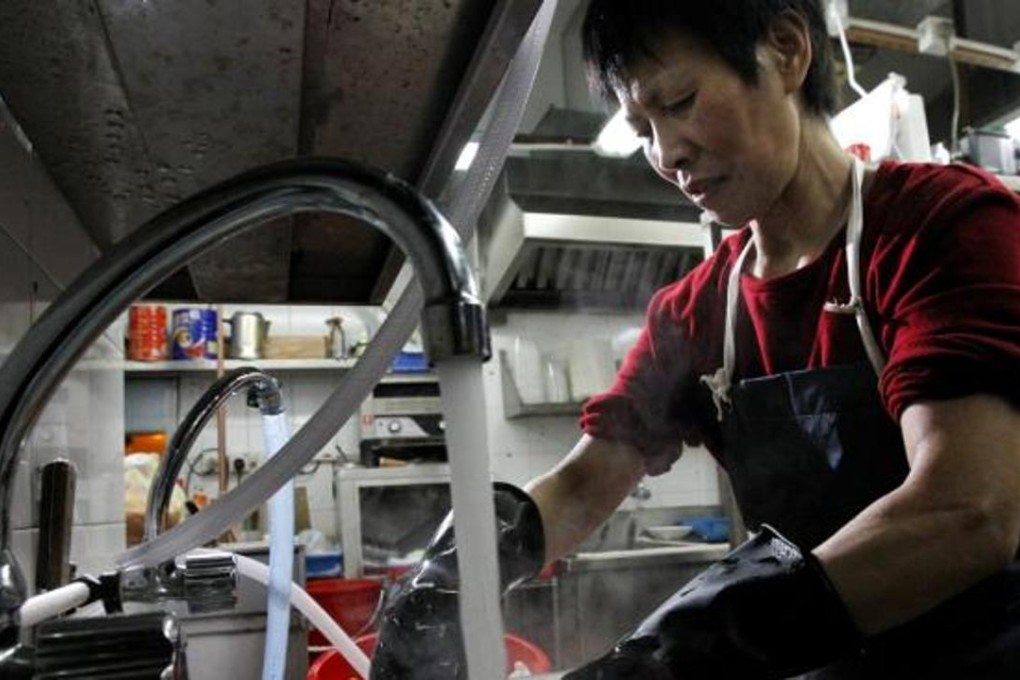Labour unions in Hong Kong must participate in formulating law on standard working hours
Walking out of meetings or threatening a boycott will only result in workers’ voices not being heard

If mandating standard working hours by law is as simple as clocking off after eight hours on the job, there would be no need for labour and employer representatives to spend months on thrashing out the details. Regrettably, the labour side snubbed a meeting of the Committee on Standard Working Hours recently. This may be followed by a total withdrawal from the panel and a boycott of the upcoming consultation. The prospects of a consensus look increasingly remote.
Instead of an across-the-board approach, the committee earlier opted for a less sweeping alternative by allowing bosses to spell out staff working hours in employment contracts. While still an improvement on the status quo, it falls short of the labour side’s demand for all-encompassing legislation.
The unionists must be deeply dissatisfied to take such action. But they are little more than political gestures. If the intention is to discredit the consultation and its outcome, a boycott will surely serve the purpose. Without their input, whatever proposals are put forward will be seen as incomplete. But it has to be asked whether such an approach is in the best interest of workers. Not only is it unconducive to fostering consensus, it does nothing to enhance protection for workers.
Hong Kong’s economic success owes much to cordial labour relations, which are underpinned by the long-standing tradition for employer and worker representatives to sort out issues of mutual concerns under government mediation. The tripartite dialogue model has served the city well. The Committee on Standard Working Hours was established with the same principle. It provides the forum for the parties concerned to iron out their differences and to ensure that any final proposal is not tilted towards either side. The far-reaching impact of the proposed law and the wide range of complex issues involved make full consensus difficult. But the deadline for the committee to wrap up its work by March is fast approaching. The labour side can choose to wash its hands of the matter, or it can stay on to shape the outcome. The way forward is obvious.